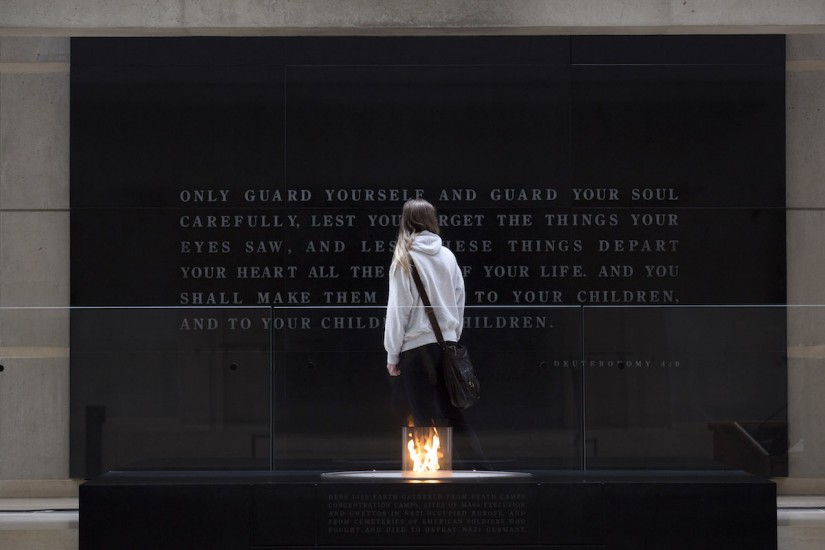Norwood: So what was the motivation for this project?
Neiss: On the one hand, it is International Holocaust Remembrance Day. It is important to remember the victims of the Holocaust—not just the six million Jews that were murdered, but the 10 million victims of Nazism and Hitlerism in general. The other thing I think makes this story particularly timely is the talk we’ve seen this week of a Trump executive order banning refugees. People always say that if you forget history then you will be doomed to repeat it. This is one of those moments where history gives us an opportunity to think about where we are now. When folks say “never again” or “we remember,” it is important for us to actually do so. The MS St. Louis is an interesting story in particular because we literally had hundreds of refugees waiting outside the Port of Miami to get in, and they were turned away and sent to their deaths, because of politics and all sorts of other issues.
There were legitimate concerns about immigration in the 1930s and 1940s, but people forget sometimes that those legitimate concerns often have real life or death implications for people.
